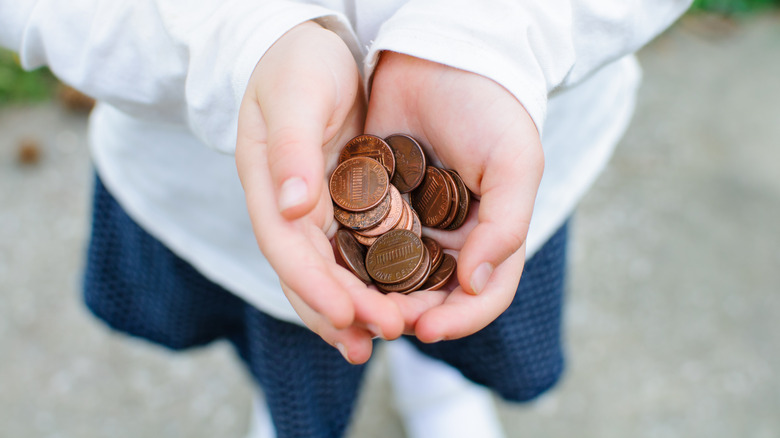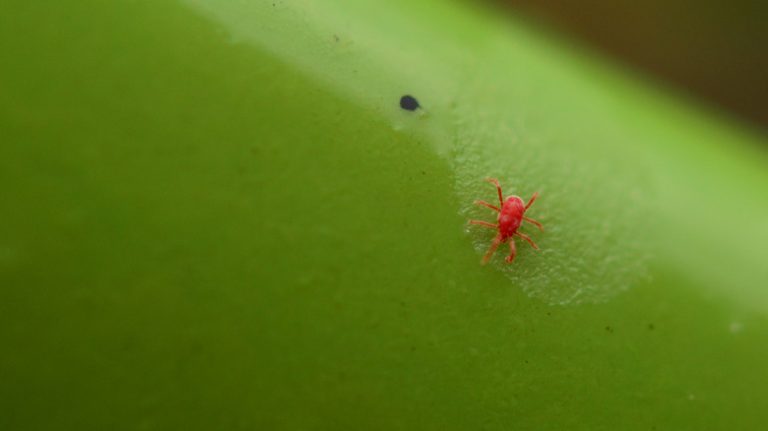Trees play a pivotal role in the environment. They act as nature’s lungs, purify the air we breathe, and serve as a habitat for many species. But like any other living entity, trees can fall victim to diseases and pests. Regular monitoring of their health can prevent hazards and potential property damage. One unconventional yet handy tool to assess tree health is the common penny.
A simple penny, the kind you’d find in your pocket, can help you figure out how healthy a tree’s bark is — and, by extension, the tree itself. First, select a section of the tree’s bark. Choose an area that’s easy to access but not too exposed. Then, scratch gently using the edge of the penny. The aim is to observe the color of the bark that comes off. If the bark is brown, it might suggest that the tree is undergoing stress or has specific health issues. However, green bark usually signifies the tree’s healthy condition.
Tips for a successful penny test

When performing the penny test, ensuring accuracy and consistency is crucial to effectively gauge the tree’s health. Begin by selecting a spot on the trunk that you believe best represents the tree’s overall health. However, don’t limit your evaluation to just one spot. Repeating the test at various locations around the tree is recommended, offering a more comprehensive view of its condition. Though the penny test is a valid initial assessment, it shouldn’t be the only method you rely on. If you have concerns about the tree’s health, contacting an expert arborist for a comprehensive evaluation is always recommended.
Understanding and monitoring tree health is crucial for the aesthetic beauty they bring to our surroundings and for safety reasons. A diseased or compromised tree can be hazardous, potentially leading to falling branches or even the entire tree collapsing. Therefore, early detection of any issues is vital as it allows for timely interventions, preventing further damage or more expensive treatments later.

